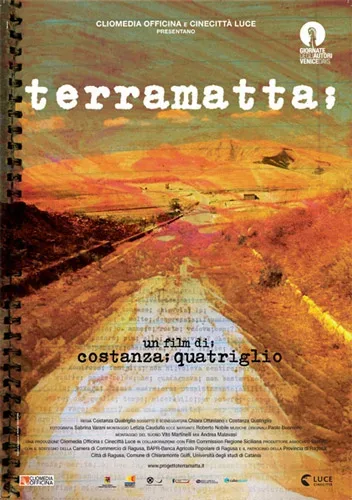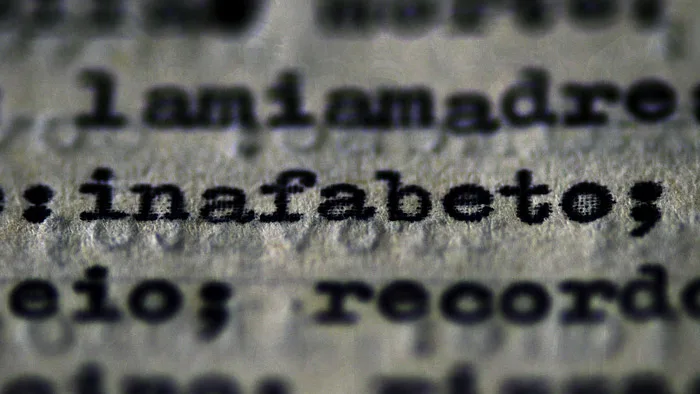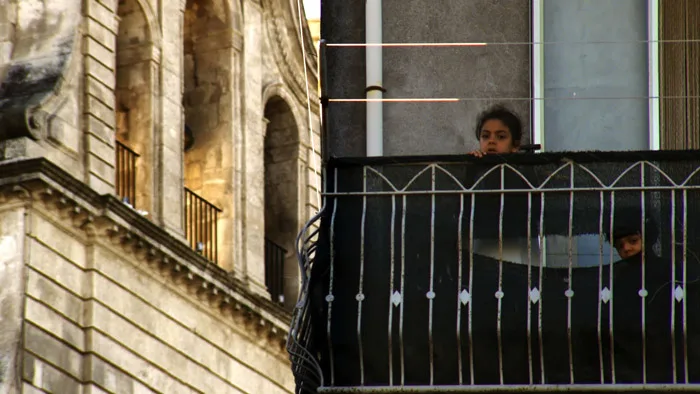
Genre Documentary
Director Costanza Quatriglio
Country, yearITALIA, 2012
Runtime 75 minuti
Film Yes
Production Cliomedia - Stefilm - Cinecitta' Luce
Release date 19/07/2012
Cinecittà rights Theatrical Italy, International rights sales, Domestic rights sales, Co-production
Documentary
Terramatta
The memoires of a humble Sicilian worker TERRA MATTA was written at the end of the nineteen seventies by Vincenzo Rabito, an illiterate with a great narrative talent, in an ‘invented’ Italian. Born in 1899 Vincenzo crossed all of the main events of the century. During the first world war, one of the most relevant parts of the book, he learns how to ‘be Italian’ and his capability of being violent and aggressive. Always striving to survive he left the country and lived the dream of African colonization, he went to work in Germany under the allied bombs, he witnessed the arrival of the American troops in Sicily and finally in the sixties he managed to reach a relative welfare with his small family. His story is an individual story, one man against all odds, but also the story of many, all of those who never managed to express themselves in a whole life time. Vincenzo Rabito never went to school and what he learnt he learnt by himself. At a certain point of his life, he sat down in front of a portable Olivetti he had bought for his sons and he wrote thousands of pages full of semicolons and commas and without any full stops and clear sentences and paragraphs. What was written was a sort of Italian that derived from the Sicilian dialect, but his way of telling his stories and his approach to history made of TERRA MATTA, when published, by one of the most important Italian publishers Einaudi, a literature case and a best seller. Vincenzo tells his ‘damned life’ with irony and sometimes bitterness but sincerely even when he himself was not at all inspired by strong ideals or morality. The film follows his life with a great attention to the locations where Vincenzo was born and grew up. His three sons , re-united in Sicily, bring us their vision of the father’s story. Archive images play a very big role in the film. They come from various different sources and years, from the public image archives and from the private, family heritage of the Sicilians.
Awards
LA BIENNALE DI VENEZIA 2012: Giornate degli Autori – Venice Days, Eventi Speciali – Premio “Civitas Vitae prossima”
 Film search
Film search


